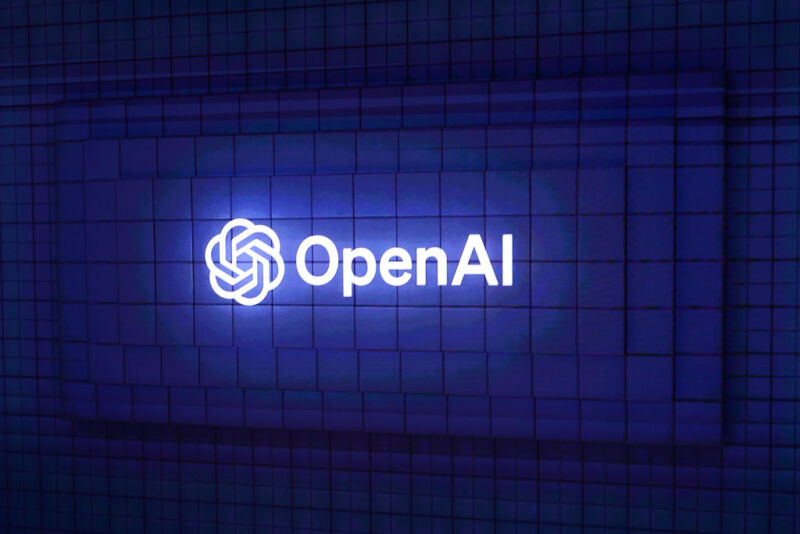For the past few months, Morten Blichfeldt Andersen has spent many hours scouring OpenAI’s GPT Store. Since it launched in January, the marketplace for bespoke bots has filled up with a deep bench of useful and sometimes quirky AI tools. Cartoon generators spin up New Yorker–style illustrations and vivid anime stills. Programming and writing assistants offer shortcuts for crafting code and prose. There’s also a color analysis bot, a spider identifier, and a dating coach called RizzGPT. Yet Blichfeldt Andersen is hunting only for one very specific type of bot: Those built on his employer’s copyright-protected textbooks without permission.
Blichfeldt Andersen is publishing director at Praxis, a Danish textbook purveyor. The company has been embracing AI and created its own custom chatbots. But it is currently engaged in a game of whack-a-mole in the GPT Store, and Blichfeldt Andersen is the man holding the mallet.
“I’ve been personally searching for infringements and reporting them,” Blichfeldt Andersen says. “They just keep coming up.” He suspects the culprits are primarily young people uploading material from textbooks to create custom bots to share with classmates—and that he has uncovered only a tiny fraction of the infringing bots in the GPT Store. “Tip of the iceberg,” Blichfeldt Andersen says.
Read 18 remaining paragraphs | Comments

